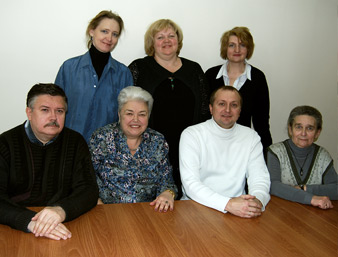
Teachers’ social education practice: Humanization of childhood
Demakova, Irina D.
[about]
The jubilee publication Institute of theory and history of education: 1944-2014 (Moscow, FGNU ITIP RAO, 2014) includes a paper entitled, “The system’ approach to education and socialization of children and young people. Lyudmilla I. Novikova’s scientific school”, which mentions five generations of researchers whose development in science, was supervised by this wonderful personality and a noted scholar. Under her direct guidance every new researchers’ generation, based on the fundamental principles laid down by Novikova’s school, developed new concepts, which were especially relevant for their time. In the 1980s Novikova supervised research in the new area of education known as the school educational system.
School educational system
The school educational system, as defined by Novikova, is a developing, in time and space, complex of interrelated components: the initial concept (a set of ideas to be realized; concept realization activity; subjects organizing this activity and taking part in it; relationships which integrate the subjects into a certain community; environment explored by the subjects; management, which makes it possible to integrate the system into some wholesome unit). An educational system is an open system that interacts with the social, natural, and cultural environment of the school. This system is not static: it develops in the past, present, and future. The system has tools of preservation and reproduction of the ways that allow sustaining its life activity as well as instruments of the system’s disorganization and renewal. The educational system is fuelled by conflicts between the system and an individual, traditions and innovations (Karakovsky, Novikova, & Selivanova, 2000). The educational system is primarily aimed at schoolchildren’s individual development (1, 16).




